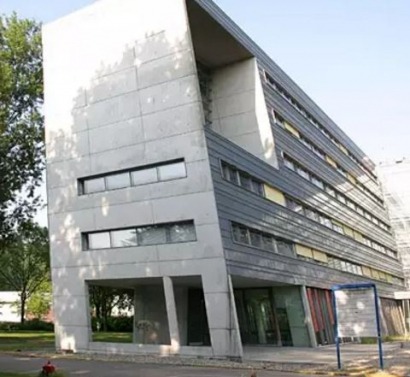
He published his findings in MRS Energy and Sustainability—A Review Journal. In the report, he acknowledges fuels like gasoline, kerosene and diesel provide a tremendous amount of energy in relation to their volume and weight, but, “Given the severe weight limitations for fuel in aircraft, liquid hydrogen may be a viable alternative in the long run.”
Hermans determined liquid hydrogen is not a viable choice for road transport due to safety issues. He believes electric vehicles are the most promising solution but believes there needs to be improvements made in the performance of both batteries and supercapacitors.
Direct driving using solar power is difficult, Hermans finds, even under a clear sky. However, students from Eindhoven University of Technology are among those that have taken up the challenge; they built a four-seater solar-powered family car that can be driven indefinitely under clear skies at a speed of about 43km/h. The only drawback is that the car is just over 1m tall and is not very comfortable.
He concludes the most efficient way to reduce energy use is to change the way our communities are designed. He suggests, for example, decreasing the distances between home and workplace.
"In other words, urban planning provides an important key," he states.
For additional information:

